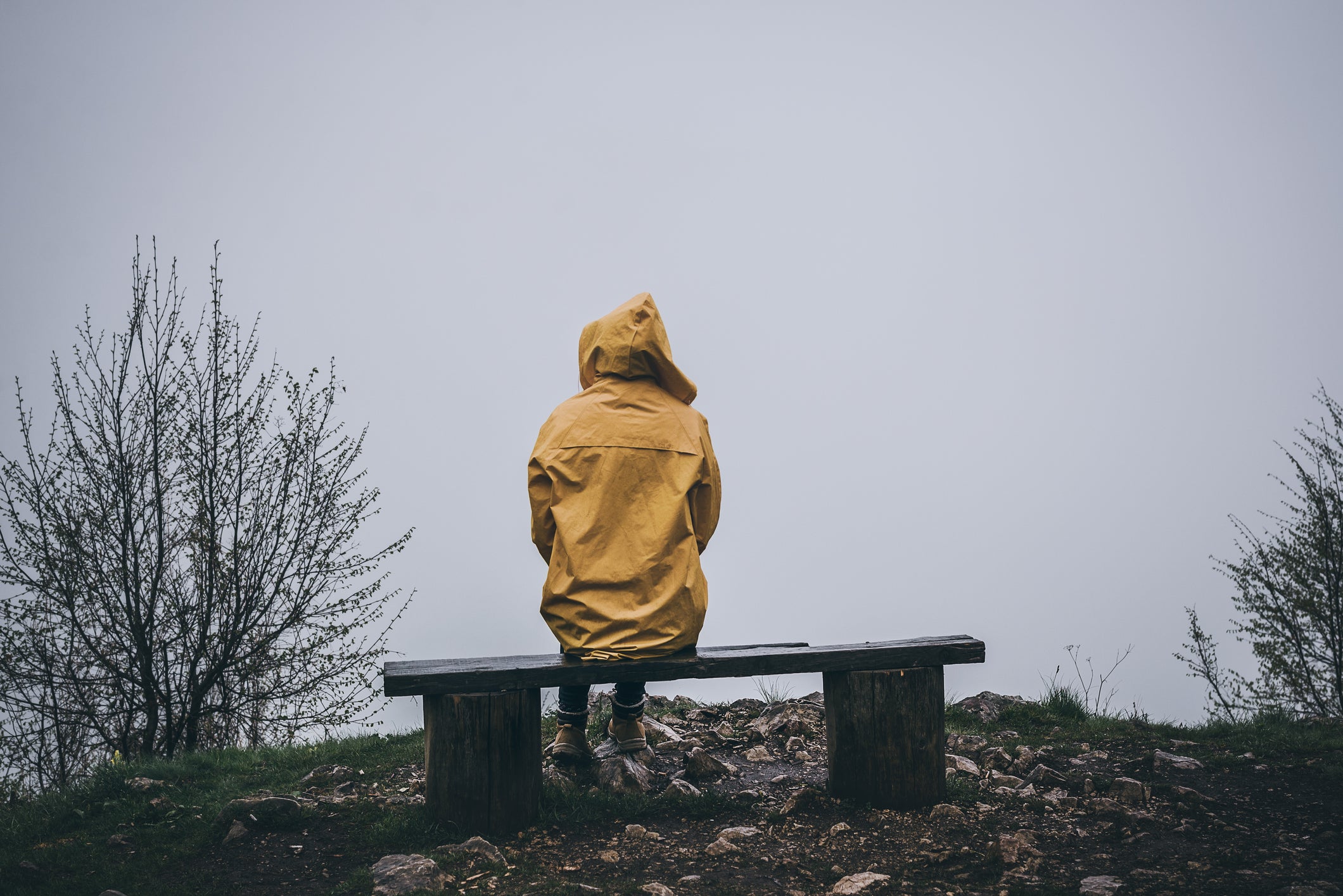Loneliness is the last taboo – here’s how we can overcome it
It might surprise us to learn which groups report being most lonely


Your support helps us to tell the story
From reproductive rights to climate change to Big Tech, The Independent is on the ground when the story is developing. Whether it's investigating the financials of Elon Musk's pro-Trump PAC or producing our latest documentary, 'The A Word', which shines a light on the American women fighting for reproductive rights, we know how important it is to parse out the facts from the messaging.
At such a critical moment in US history, we need reporters on the ground. Your donation allows us to keep sending journalists to speak to both sides of the story.
The Independent is trusted by Americans across the entire political spectrum. And unlike many other quality news outlets, we choose not to lock Americans out of our reporting and analysis with paywalls. We believe quality journalism should be available to everyone, paid for by those who can afford it.
Your support makes all the difference.Ask people for a list of taboo subjects and they might mention sex, death, politics or religion. What they probably won’t say is loneliness.
But when we spoke to people in preparation for this year’s Mental Health Awareness Week, we found that there is deep discomfort and shame around the experience. Some people said they’d feel more able to tell others that they were anxious or depressed, than that they were lonely.
We also found that among people who are often lonely, nine out of ten said people feel ashamed or embarrassed about it. And yet this painful experience, that many of us hide from each other, is extremely common. One in four people told us they had felt lonely for some or all of the previous month (before our survey of 6,000 UK adults).
When I wrote about my own experience of loneliness, I realised that not only had I never before spoken about it, I hadn’t even admitted it to myself. By not naming our loneliness, we are left alone with it, and we perpetuate the taboo around it.
This matters for our mental health. Loneliness is not a mental health problem in itself. It exists when there is a mismatch between the relationships we want with others, and the relationships we actually have.
Those human connections support our mental health, because they help us cope with life’s many problems. We all need a social safety net, and to know there are people who care about what we’re going through. Without that, we are more likely to feel overwhelmed or find it harder to cope with our daily lives.
There is good evidence to suggest that loneliness is a strong predictor of poor mental health. People who are often or always lonely have a higher risk of experiencing anxiety, depression and suicidal thoughts. It goes the other way, too, with poor mental health making people more likely to be lonely.
Loneliness remains common today but it’s not evenly spread and is especially prevalent in some groups that might surprise us. Young adults – those aged 18 to 24 – are among those most likely to tell researchers they are lonely. So are people living in cities, people from minority ethnic groups, people who are LGBTQ+, people who are unemployed, people who are carers and those who have long-term health problems.
So what are the answers? Some lie in our own hands. We need courage to help to break the taboo around loneliness, by talking about our experiences of it, present and past. That’s why we’ve adopted #IveBeenThere as the hashtag for Mental Health Awareness Week, in what we hope will be the largest sharing of loneliness stories ever seen in the UK.
We can also help protect ourselves and others from loneliness, by living in ways that support our connections with other people. From the relative strangers with whom we exchange friendly greetings, to our closest friends and relatives, it’s worth reminding ourselves that we all need each other.
To keep up to speed with all the latest opinions and comment, sign up to our free weekly Voices Dispatches newsletter by clicking here
Making and keeping relationships is easier for some people than others. If we’ve ever felt discriminated against, rejected, attacked, left out or unfairly treated, then we may be understandably wary of other people.
Government has a vital part in easing the burden of loneliness. Tackling it should be a prominent part of the government’s new 10-year mental health strategy.
Also needed are cleaner and safer green spaces that foster people’s social connections, more support for children and young people to learn about loneliness and better harnessing of the digital tools and skills that connect people across the generations.
Reforms like these take time. Meanwhile, we need a public discussion about loneliness, how it affects us and why we must break this last taboo. #IveBeenThere
Mark Rowland is chief executive of the Mental Health Foundation
Join our commenting forum
Join thought-provoking conversations, follow other Independent readers and see their replies
Comments